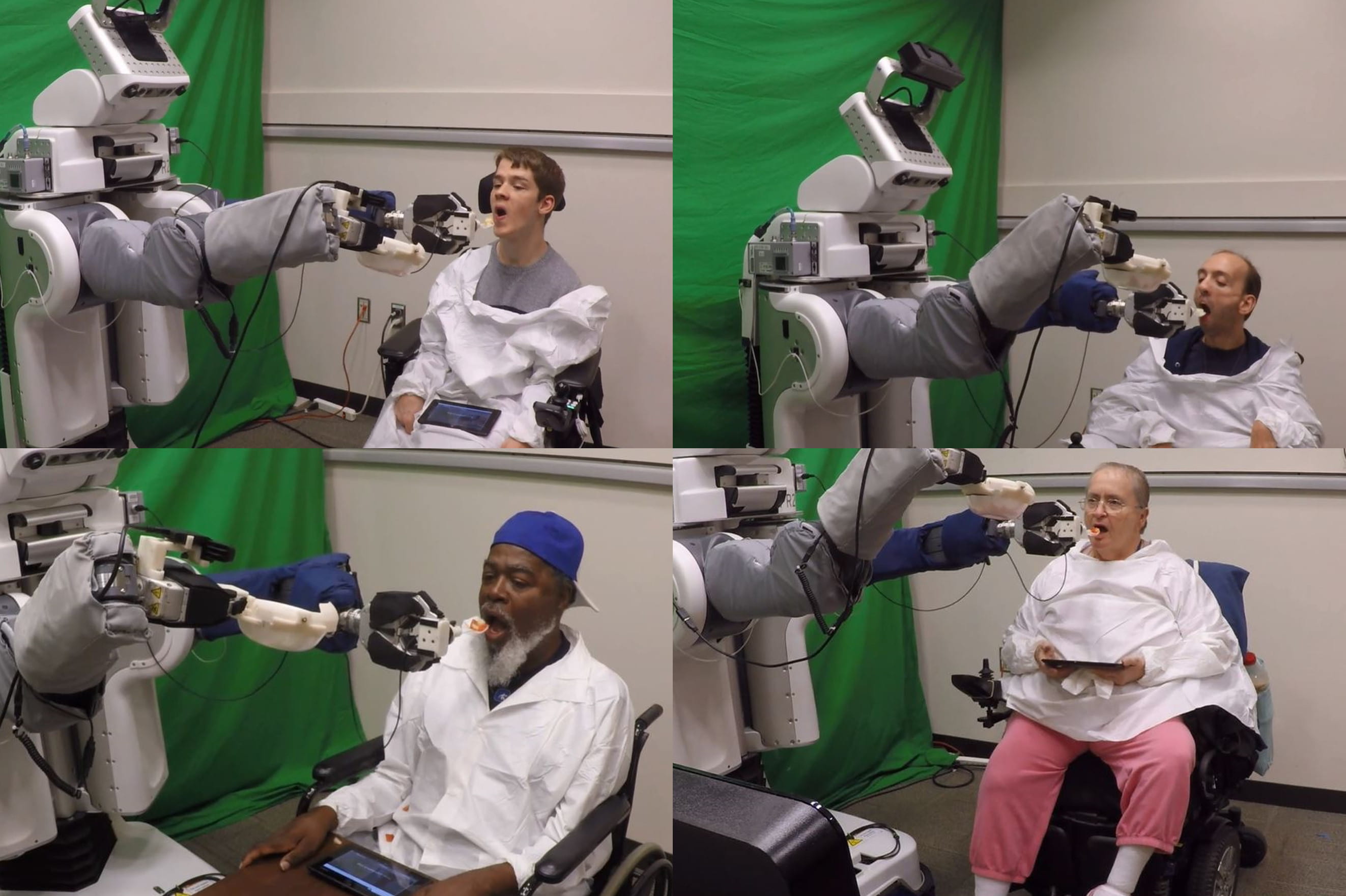
Transforming Healthcare Through Robotics
In recent years, robotics has emerged as a transformative force in the healthcare industry, revolutionizing patient care, surgery, and various medical procedures. This article explores the profound impact of robotics in healthcare and the promising future it holds.
Enhancing Surgical Precision
One of the prominent applications of robotics in healthcare is in the field of surgery. Robotic surgical systems, such as the da Vinci Surgical System, enable surgeons to perform minimally invasive procedures with enhanced precision and control. The robotic arms mimic the surgeon’s movements, offering a high level of dexterity and accuracy, leading to reduced recovery times and improved patient outcomes.
Telepresence and Remote Surgery
Robotics facilitates telepresence, allowing specialists to remotely guide surgeries or consultations. This is particularly crucial in situations where expert medical advice is needed in real-time but physical presence is not possible. Remote surgery, enabled by robotic systems, opens up new possibilities for providing medical expertise globally, bridging geographical barriers and improving accessibility to healthcare services.
Rehabilitation and Physical Therapy
In the realm of rehabilitation and physical therapy, robotics plays a vital role in assisting patients in their recovery journey. Robotic exoskeletons and rehabilitation robots aid individuals with mobility impairments in regaining strength and improving motor skills. These assistive devices provide targeted support, personalized to each patient’s needs, fostering a more efficient and effective rehabilitation process.
Automated Medication Dispensing
Robotics is streamlining medication management and dispensing in healthcare facilities. Automated robotic systems accurately dispense medications, reducing the risk of errors and enhancing efficiency in hospitals and pharmacies. This not only ensures precise medication administration but also allows healthcare professionals to focus more on patient care.
Robotics in Diagnostics and Imaging
Advancements in robotics have also impacted diagnostic procedures and medical imaging. Robotic-assisted imaging systems enhance the accuracy of diagnostic scans, enabling more detailed and comprehensive assessments. This leads to early detection of medical conditions and allows for timely interventions, ultimately improving patient outcomes.
Patient Assistance and Support
Robotic companions and assistance devices are being developed to provide support and companionship to patients. These robots can assist with daily tasks, monitor vital signs, and offer emotional support. Particularly beneficial for elderly individuals or those with chronic conditions, robotic companions contribute to a higher quality of life and reduce the burden on healthcare resources.
Challenges and Ethical Considerations
While the integration of robotics in healthcare brings about numerous benefits, it also presents challenges and ethical considerations. Concerns related to data security, patient privacy, and the potential for job displacement require careful consideration. Striking a balance between technological advancements and ethical practices is crucial for the responsible implementation of robotics in healthcare.
Training the Healthcare Workforce
The adoption of robotics in healthcare necessitates training healthcare professionals to operate and leverage these technologies effectively. Robotics-assisted surgeries and other procedures require specialized skills. Training programs and ongoing education are essential to ensure that the healthcare workforce can harness the full potential of robotics for the benefit of patients.
The Future Landscape of Healthcare Robotics
As technology continues to evolve, the future of robotics in healthcare looks promising. Advancements in artificial intelligence, machine learning, and sensor technologies will further enhance the capabilities of robotic systems. The integration of robotics into personalized medicine and the development of innovative healthcare solutions will contribute to a more patient-centric and efficient healthcare ecosystem.
Exploring Robotics in Healthcare Advancements
To stay updated on the latest advancements in robotics in healthcare, visit Robotics in Healthcare. This resource provides insights into cutting-edge technologies shaping the future of healthcare and their impact on patient care and medical practices.
In conclusion, robotics is reshaping the landscape of healthcare, offering innovative solutions that enhance patient outcomes, improve efficiency, and advance medical capabilities. As the field continues to evolve, the collaboration between technology and healthcare professionals holds the key to unlocking the full potential of robotics for the benefit of patients worldwide.
